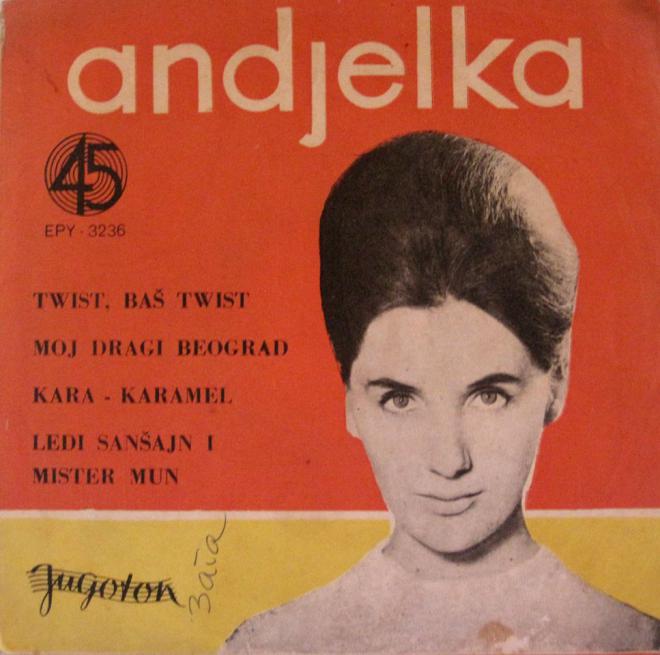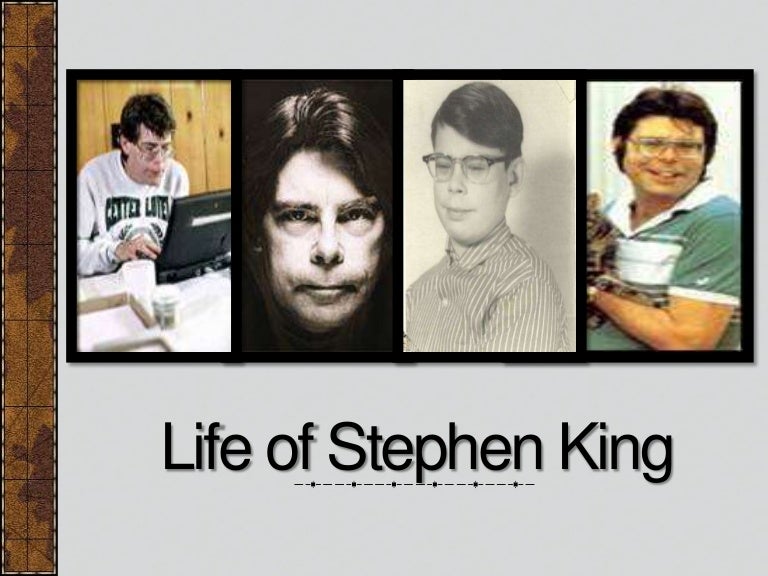

Soon came The Long Walk (1979), and then Roadwork and The Running Man, in 19 respectively. It began with Rage, his infamous 1977 tale of a high school shooting and hostage crisis (which King let fall out of print when school shootings became the stuff of primetime news rather than horror novels). Rowling's, enjoyed his little experiment quite a bit longer than the latter novelist. King, whose fame in 1977 certainly didn't match J.K. Rowling." But surely the rejections, if they were many, were all worth it for the thrill Rowling probably felt when the reviews trickled in and didn't bear ample comparisons to Harry Potter.) (It was rejected by Orion Books, by an editor who sheepishly admitted to "turn down J.K. As a post on the horror publishinger Charnel House's website explains it, "King’s major concern was that the movie Carrie had more to do with his early success than his actual talent," so he envisioned Richard Bachman as a test: would readers still care about Stephen King books if they no longer had the King name attached to them? And, he wondered: was his success due to real talent, or merely a product of the hype Carrie had produced? King went so far as to "load the dice against" Bachman by poorly marketing the books, he explains in an introduction to the collected novels, just as Rowling reportedly submitted her manuscript to publishers anonymously to see what would happen. Rowling was thinking when she opted to publish The Cuckoo's Calling as Robert Galbraith. So King, finding this insufficient to satiate his inspiration, turned to a pseudonym, despite having only three books to his real name.īut the second reason was more curious, and probably more akin to what J.K. In the 1970s, authors were discouraged from writing more than one book a year industry wisdom held that publishing more would oversaturate the market and diminish sales. The first was largely practical and stemmed from his exceedingly prolific nature (he has to date published 50 novels and more than 200 short stories).

Those were the years when King, a newly established young writer, published secretly under his pseudonym of choice, "Richard Bachman," enjoying the anonymity for quite some time before his cover was blown.īy most accounts, King's motives in hiding behind a pseudonym were twofold. Seven of his books, in fact- most of them published early in his career, between 19. Rowling has not been known to cite Stephen King as a prime influence, but with her latest act of literary deception, the Harry Potter author has taken a page out of King's book.


This article is from the archive of our partner.


 0 kommentar(er)
0 kommentar(er)
